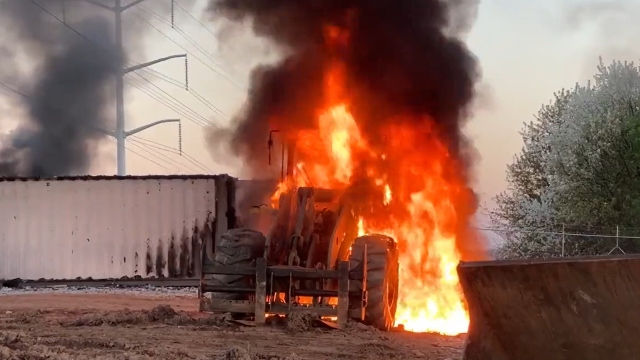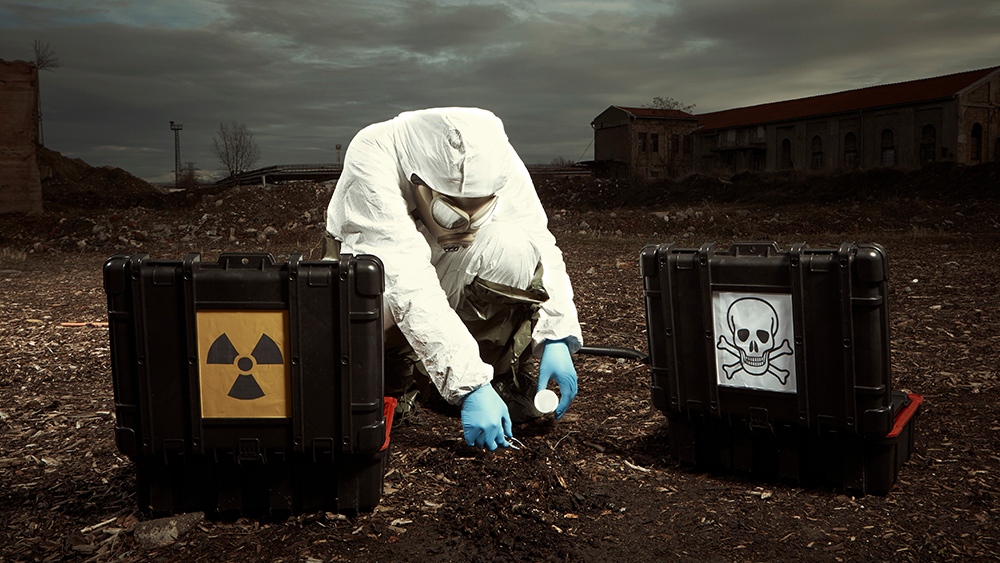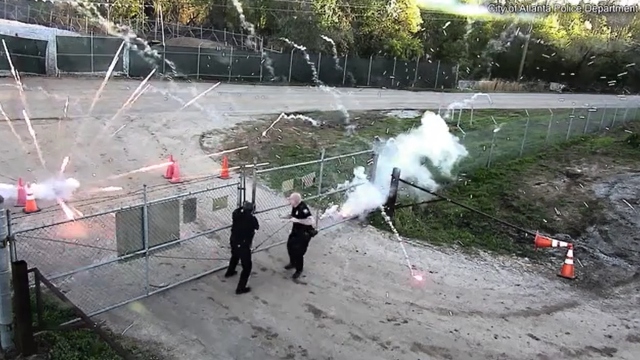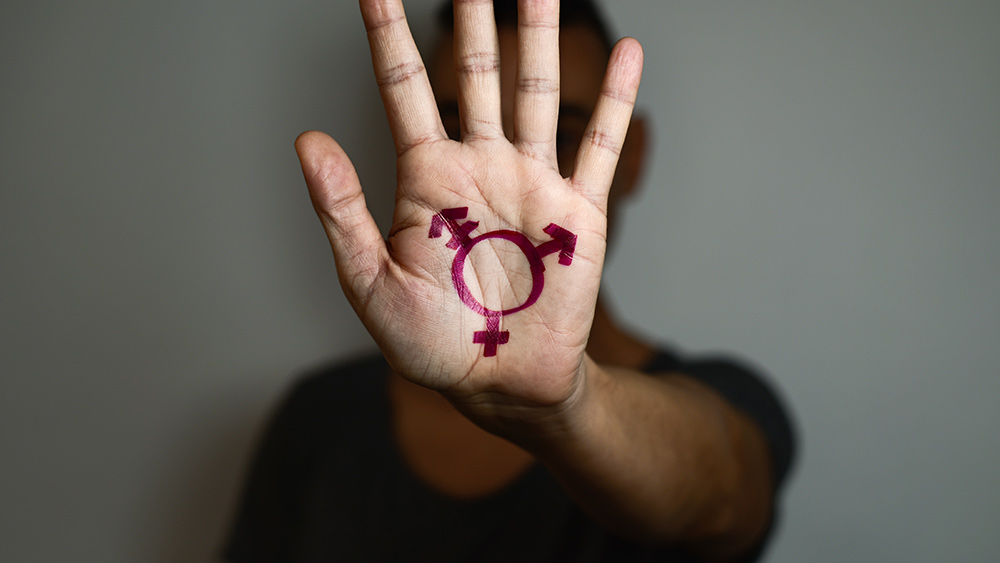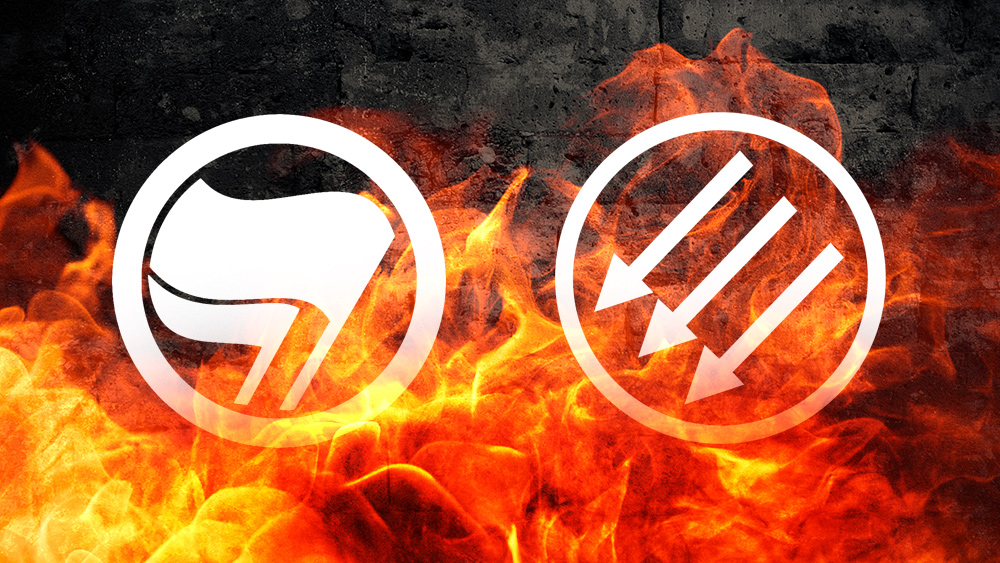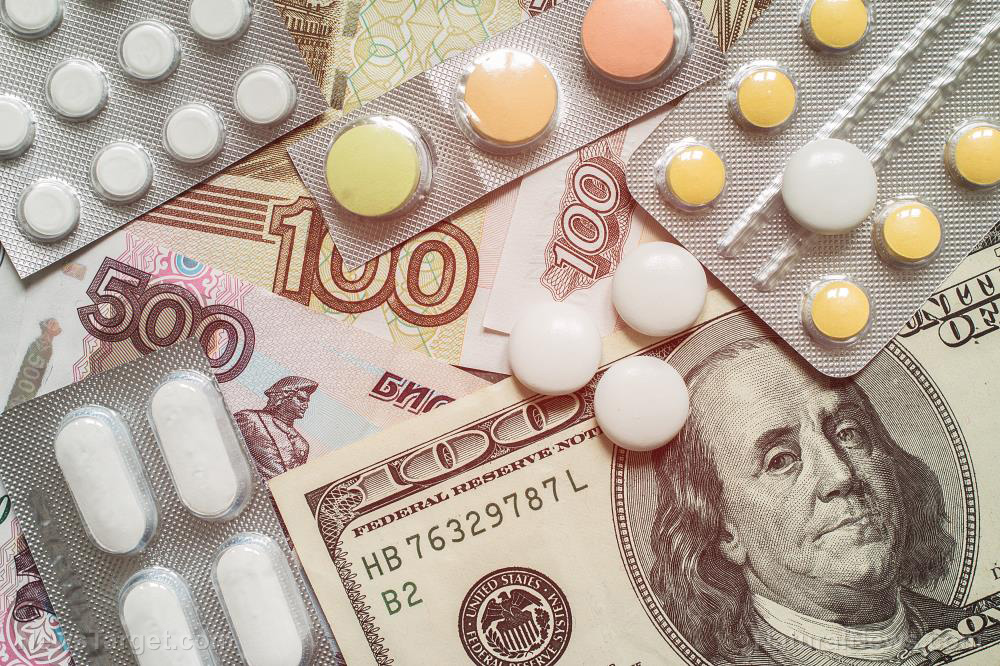Cobalt market notes highest supply jump on record as Indonesia becomes biggest global source outside of Africa
03/08/2023 / By Cassie B.

The cobalt market experienced its biggest supply jump on record last year as Indonesia became the world’s top source of the in-demand battery metal outside of Africa.
Booming production in Indonesia and the Democratic Republic of Congo drove the supply of mined cobalt up by 23 percent in 2022 to reach 187,060 tons. This more than made up for a sizeable deficit noted in 2021, leaving the cobalt market with one of its biggest surpluses on record at year’s end.
This supply jump comes at a time when demand from the electronics sector is waning, making the electric vehicle industry the biggest consumer of cobalt.
Cobalt is a byproduct of nickel and copper mining, and recent supply issues have posed significant problems for makers of electric vehicles. Mine production is poised to climb by another third during the next two years, according to experts.
While the DRC still accounts for roughly two thirds of the world’s cobalt supply, Indonesia is considered an emerging powerhouse whose presence is growing at a dizzying pace.
The Southeast Asian nation increased its production of the battery metal dramatically last year, allowing it to outpace rivals Australia and Russia to take over the number-two spot. Their presence is expected to continue to expand, which should help ease global dependence on the DRC and avoid future shortages.
Indonesian President Joko Widodo has been helping the country’s presence in the sector grow, leveraging Indonesia’s rich mineral resources to advance their inroads in the EV and battery industries. They already produce half of the planet’s nickel there. Benchmark Mineral Intelligence reports that their share of the world’s cobalt output will climb from the 1 percent recorded in 2021 to nearly 20 percent by 2030.
The company’s analysts said that Indonesia’s growth in this regard is helping to reshape the global supply chain, as its ambitious projects have largely been carried out successfully. Investments by Chinese firms are helping with the cobalt expansion. Last year, 44 percent of the world’s cobalt mine supply was controlled or owned by companies from China, accounting for 78 percent of the global production of refined cobalt.
Some companies are trying to reduce their reliance on cobalt as concerns grow about working conditions at mines
Cobalt is used for making everything from electric vehicle batteries and aerospace materials to cell phone batteries and magnets. Some companies have been trying to phase out their use of cobalt in batteries in response to growing concerns about the dangerous working conditions found in informal mines in the DRC, and Indonesia’s growing presence could ease dependence on questionable suppliers. Although most of last year’s supply increase can be attributed to larger-scale industrial cobalt miners, “artisanal miner” output also rose significantly.
While companies like Tesla and Apple have long assured customers that their products are ethically sourced, images released earlier this year from DRC mines paint an alarming picture of kids working in dangerous and often inhumane conditions to earn around $2 a day. One woman could be seen in the photos holding her infant while mining, while numerous barefoot children could be seen carrying very large and presumably quite heavy sacks of rocks on their backs.
Many of these companies can make their claims of ethical sourcing based solely on the fact that they do not deal with the mines directly, buying cobalt from intermediaries such as refiners or smelters who they hold to codes of conduct instead.
Siddharth Kara, researcher and adjunct lecturer at the Harvard Kennedy School, said that the growing demand for eco-friendly vehicles is having a devastating effect in Congo: “It’s supposed to be a green choice, getting an EV. Well it’s not green for everybody.”
Many of the children working these mines, he noted, have to choose between getting to eat that day and being exposed to toxic cobalt and its potential to cause lung disease, cancer and deafness.
Sources for this article include:
Submit a correction >>
Tagged Under:
batteries, Bubble, child labor, cobalt, cobalt mining, DCR, electric cars, energy supply, enslaved, EV batteries, green fraud, Green New Deal, humanitarian, Indonesia, insanity, metals, power, supply chain
This article may contain statements that reflect the opinion of the author
RECENT NEWS & ARTICLES
COPYRIGHT © 2017 INSANITY NEWS


